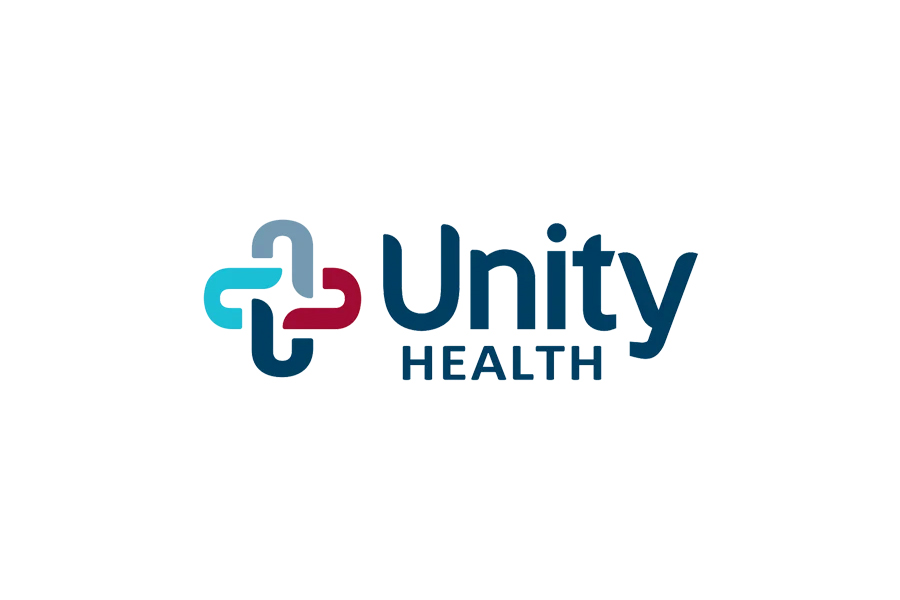A few weeks ago, we wrote a blog post about Newport, Arkansas being regarded as one of the “most diabetic places in the US” according to an article by the Mississippi Center for Investigative Reporting. AFMC reached out to Chauncee Young, CCE, Regional Clinical Director for Unity Health — Newport Medical Clinics in Jackson County to tell us about the biggest obstacles Jackson’s residents face, local resources for patients and providers, and the current initiatives in place to promote diabetes screening and treatment in Jackson County.
IN THIS BLOG:
What are the primary barriers to diabetes care in Jackson County?
The main barrier is a lack of reliable transportation, which prevents residents from attending medical appointments and accessing necessary care.
What challenges do healthcare providers face in treating diabetes in the area?
Providers contend with a low socioeconomic population, poor literacy levels, limited access to local diabetes education programs, absence of local endocrinologists, and patients' transportation issues.
How can external healthcare organizations assist Jackson County residents with diabetes management?
They can offer in-home diabetes education, improve access to affordable insulin, and support local screening initiatives.
What community resources are available for diabetes education and support?
The Cooperative Extension Service provides free diabetes education, and the Jackson County Wellness and Screenings group offers bi-monthly free screenings for prediabetes, diabetes, and hypertension.
What do you think are the biggest challenges that exist for residents of Jackson County that might prevent them from meeting their healthcare needs?
The biggest challenge that Jackson County residents face is a lack of reliable transportation, including a lack of general personal transportation, taxis, Medicaid vans, and public transportation. These things keep people from being able to make to scheduled appointments or follow-ups with providers. Without reliable transportation, there just isn’t any consistent way for people to be seen. Lack of transportation also prevents patients from seeing local specialists who would be able to provide targeted care for patients who have been diagnosed with chronic conditions, such as diabetes.
What challenges exist for providers in Jackson County that may hinder hospitals, providers, and other health care professionals from having more success in diabetes treatment and prevention?
Some of the challenges that exist in Jackson County that keep providers and other health care professionals from having more success in diabetes treatment and prevention include the following:
- Low socioeconomic population (which affects patients’ ability to pay for services and/or transportation to and from their appointments)
- Poor literacy levels (which affects patients’ ability to utilize the online resources and studies that may be available to them for treatment)
- Access to diabetic Education programs locally (which discourages self-care and independent treatment)
- No access to local endocrinologist (which affects patients’ ability to receive specialized care for issues caused as a result of diabetes)
- Lack of adequate transportation for patients (which affects patients’ ability to show up to appointments on-site)
What are some of the things that health care organizations outside of your workforce could do to help Jackson County residents meet their health care needs, specifically with regards to diabetes?
Health care organizations outside of our workforce can offer in-home diabetic education that includes meal planning with fixed income and proper medication administration, storage, and disposal. Health care organizations should also offer better access to insulin for all patients at a more reasonable cost and continue to develop and promote diabetic screenings in Jackson County.
We currently have a volunteer group called Jackson County Wellness and Screenings that was started by Retha Dudley, APN and Dr. Guillford Dudley to provide free screenings for prediabetes, diabetes and HTN (hypertension/high blood pressure). If other organizations promoted free screenings like these, Jackson County would see more positive results.
Are there any community organizations that providers can make connections with to establish healthy eating habits that lower A1C and glucose levels? If so, what are they doing to help? If not, what types of organizations do you think the community can benefit from?
The Cooperative Extension Service, part of the University of Arkansas System Division of Agriculture provides prediabetes and diabetes education free to the public. Their Diabetes Nutrition Resources page provides tips for staying healthy, eating out, eating at home, and screening/testing. A diabetic patient will need a referral from their primary care physician to contact Joy West, a County Extension agent from the Division of Agriculture who can also provide more resources and information.
The Arkansas Department of Health also provides educational resources for people with prediabetes, diabetes, and HTC. The Center for Disease Control and Prevention’s DDP program for prediabetes is also an online learning program that is meant to provide free education for people with diabetes that they can access anywhere they have Internet access.
Could you talk a little bit about the work your provider group and its collaborators/partners have done for the Jackson County Community regarding screening and treating diabetes?
Our provider group at Unity Health identified a need to screen for prediabetes and diabetes within Jackson County. Our collaborators have started a volunteer program in Jackson County called Jackson County Wellness and Screening that offers free screenings to the public two times a month at varying locations.
What would you like other providers outside of Jackson County to take away from the work being done in Jackson? Is there any message you would like to convey to others?
Starting this volunteer program run by providers is allowing Jackson County residents to have free screenings in hopes of promoting early detection and prevention of Diabetes. Other organizations outside of Jackson should do what they can to start a free-screening program like this that encourages people to get tested and also encourages health care organizations in the area to promote diabetes detection, prevention, and treatment services.



